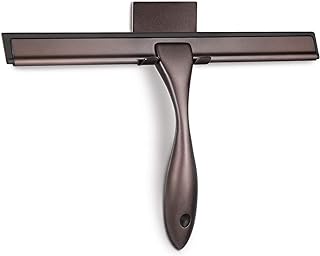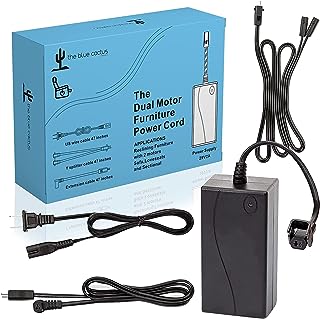5 important factors worth considering when looking for the best window screen for dust
Choosing the right window screen to keep dust out requires careful thought and consideration. There are many important factors to think about, such as the material it’s made of, the size of the mesh, and how easy it is to install. The choices you make can make a big difference in how well your window screen keeps dust from getting inside your home.
As you look at all the different options out there, it’s important to know what makes a good dust-repellent window screen. By understanding the unique features that make a high-quality screen, you can create a more clean and comfortable living environment.
See our guide to the best window screen for dust.
Material of the screen
Choosing the right material for window screens to keep dust out can be overwhelming. Selecting a high-quality material, like fiberglass screens, is important because they can trap dust effectively while still allowing air flow and visibility. Even though aluminum screens may be more expensive, their durability and low maintenance could make them worth the investment in the long run. Functionality should be the main focus when picking a screen material, rather than just how it looks.
It’s also important to think about the environment where you live and the climate when deciding on a screen material. For areas with a lot of dust or pollution, a denser material like pet-resistant screens might be a good choice. The main goal should be to keep dust out while still allowing air to flow through. With so many options available, it’s essential to find a screen material that balances functionality, durability, and ease of maintenance for a dust-free and comfortable home.
Mesh size
When deciding on a mesh size for window screens to fight dust, choosing a finer mesh can greatly improve your living space. Fine mesh screens have smaller gaps between the strands, which are great at catching tiny dust particles that might otherwise get inside. A high mesh count not only blocks dust but also helps keep your indoor air clean. In a world full of pollutants, having a window screen with a smaller mesh size is a way to take care of yourself and feel more at ease.
Having a finely woven mesh screen is not just about blocking dust, but also about keeping out allergens that can cause breathing problems. By picking a window screen with a tight mesh, you’re being proactive in protecting your family from harmful particles that can affect your health. In a world where prevention is important, the mesh size of your window screen may seem small, but it has a big impact on the quality of your indoor air.
Frame material and construction
Choosing the right window screens to keep dust out is important. You should focus on the material and how the frame is made. Picking strong aluminum or vinyl frames can make the screen last longer and help block out dust. These materials create a strong barrier against dust and are easy to clean and maintain. It’s also a good idea to look for screens with welded corners and strong joints to prevent gaps where dust can get in. Having a well-made frame is key to keeping your home clean and healthy.
Not only does the material and construction of the frame affect how well the screen works, but it also affects how it looks. Choosing sleek frames with a modern design can enhance the appearance of your windows and fit in with your decor. By considering both style and function, you can have screens that are both attractive and practical. Using high-quality materials and careful construction not only helps keep dust out but also makes your living space look better, creating a stylish and sophisticated atmosphere.
Size and compatibility with window
Selecting the right window screen is essential for keeping dust out of your home. It’s important to choose a screen that fits your window properly, as one that is too small or large will let dust in. Measuring your window accurately and purchasing a screen that fits snugly will create a barrier against dust particles. Adjustable screens or custom-made options may be worth the extra cost, as they provide a tailored solution with no room for compromise. Remember, a dust-free home starts with a screen that fits seamlessly into your window, preventing particles from getting inside.
The size and compatibility of your window screen are key to keeping dust out of your home. A screen that is not the right size can create gaps for dust to sneak in, so be sure to prioritize quality materials and a precise fit when choosing a window screen. By investing in a properly sized and compatible screen, you can create a strong defense against dust and maintain a clean and healthy living space.
Maintenance and cleaning requirements
Investing in window screens to reduce dust requires regular maintenance and cleaning. Neglecting upkeep reduces their effectiveness in keeping dust out. To care for your screens properly, vacuum or wash them with a mild detergent to remove trapped dust. Failure to do so can lead to poor indoor air quality, worsening respiratory issues and allergies.
Taking a proactive approach to maintenance helps create a healthier living environment by preventing dust buildup. By sticking to a cleaning schedule, you not only extend the life of your window screens but also maintain a clean space for you and your family. Regular maintenance shows your commitment to the functionality and cleanliness of your home, improving comfort and well-being. Remember, the quality of your window screens is only as good as the effort you put into maintaining them.
Conclusion
Ultimately, using window screens to control dust is a practical way to improve air quality and reduce allergens in your home. These screens block out dust while still letting fresh air in, making your home healthier and more comfortable. Embracing window screens can lead to a cleaner and more peaceful living environment, supporting a healthier way of life. Want more info on instant coffee, check the best instant coffee.


